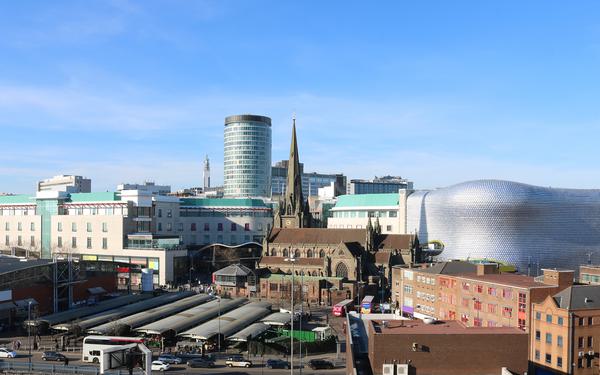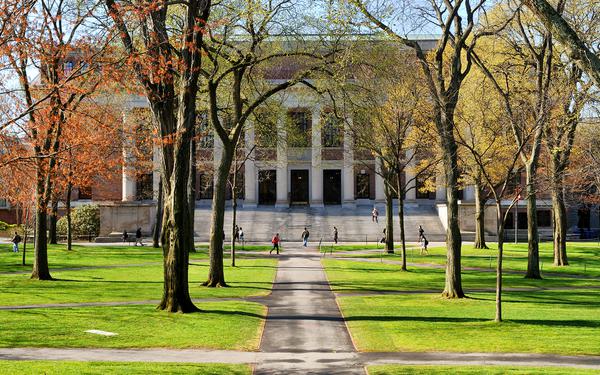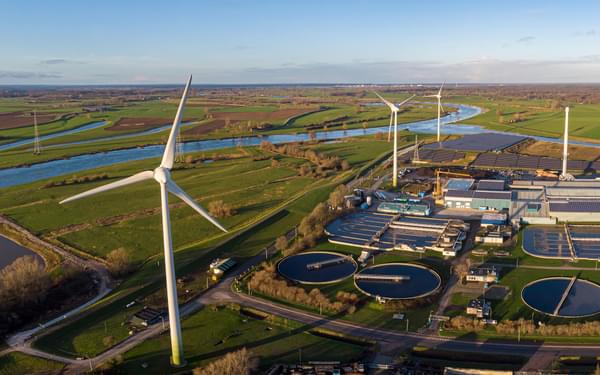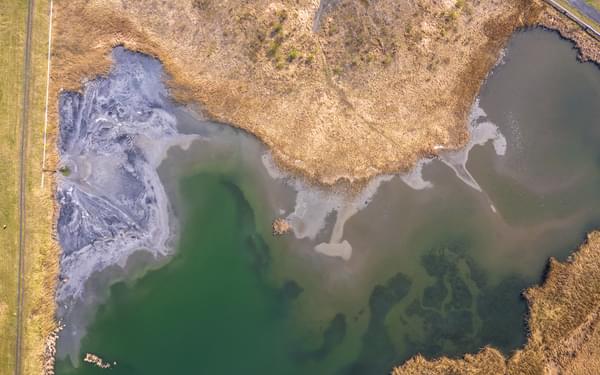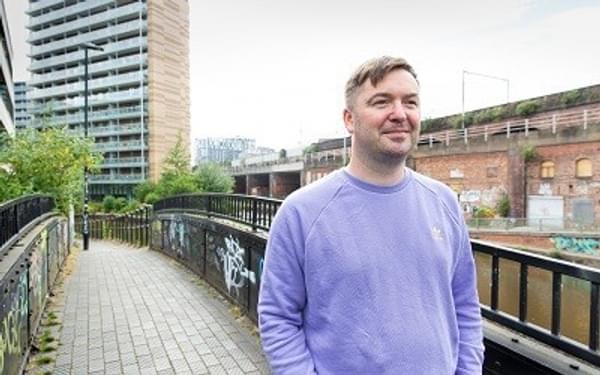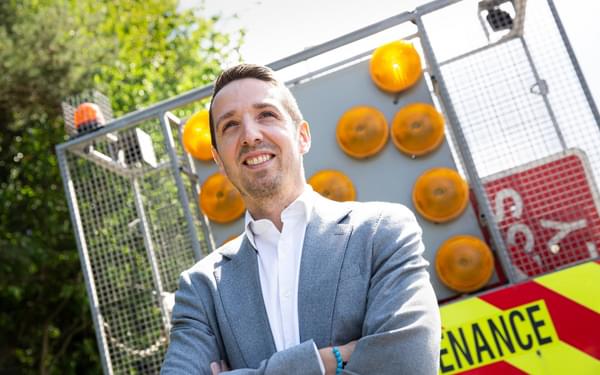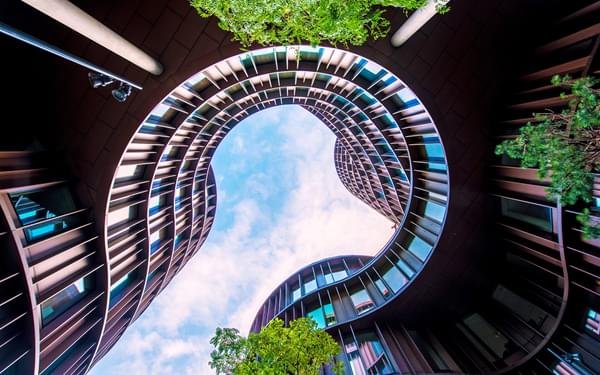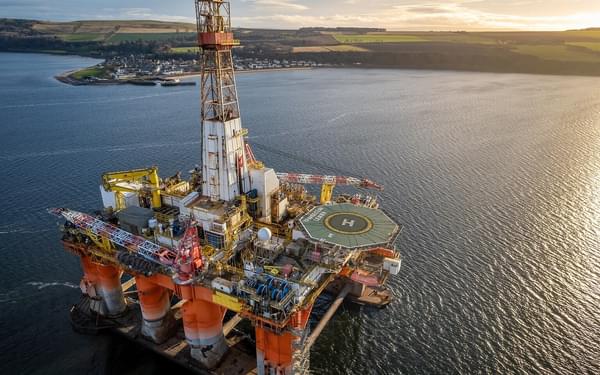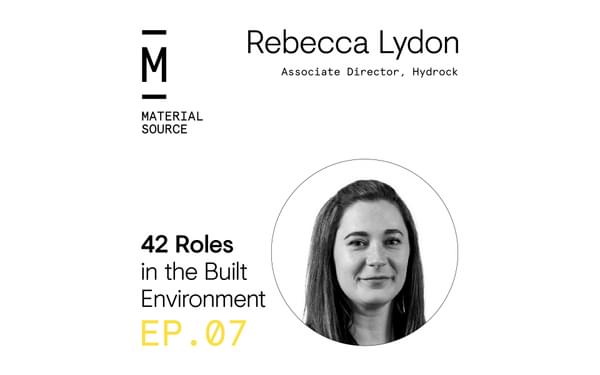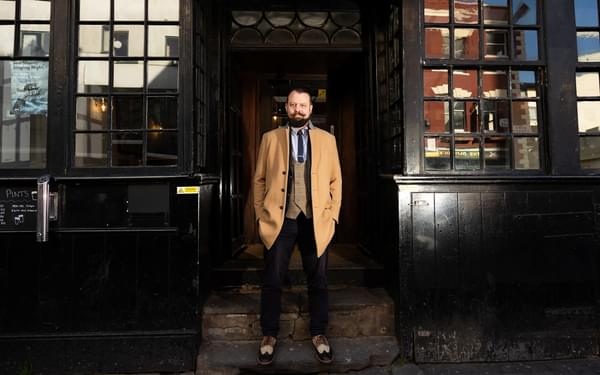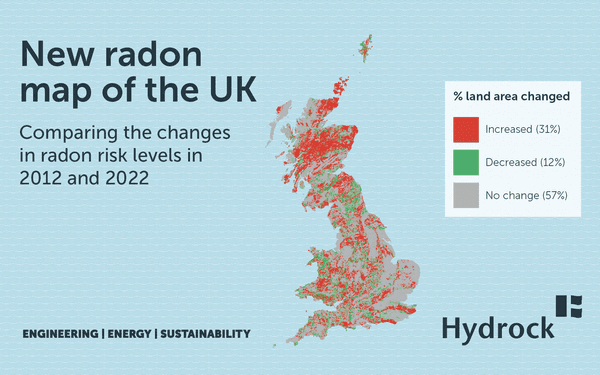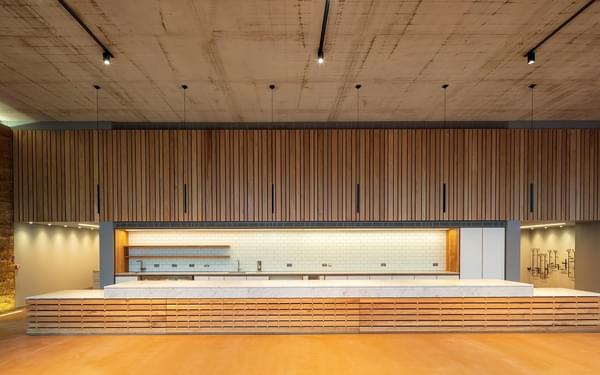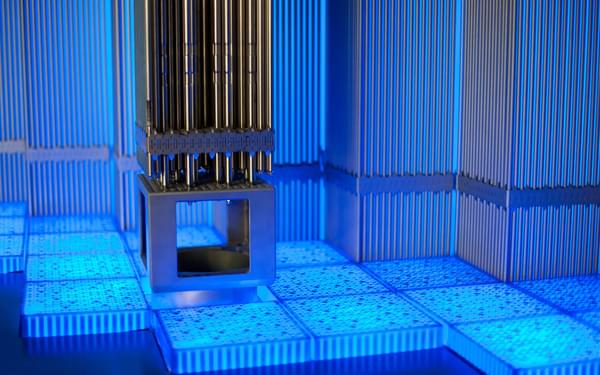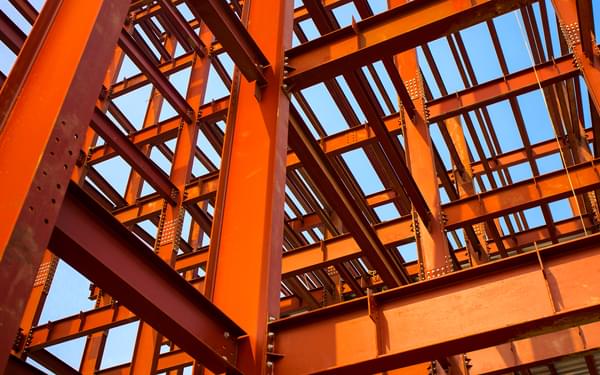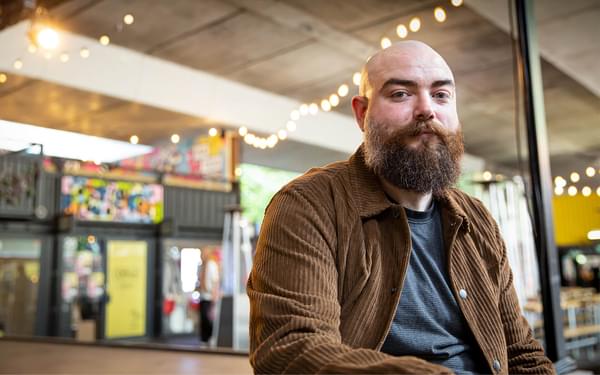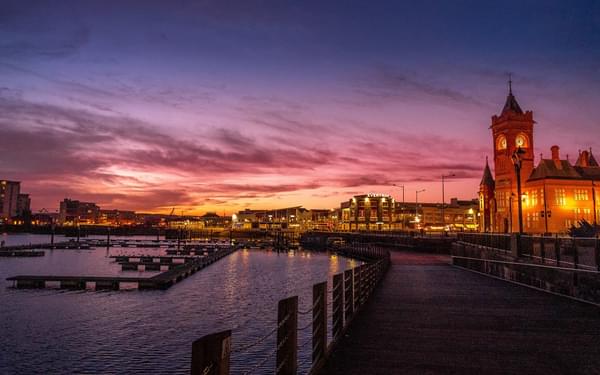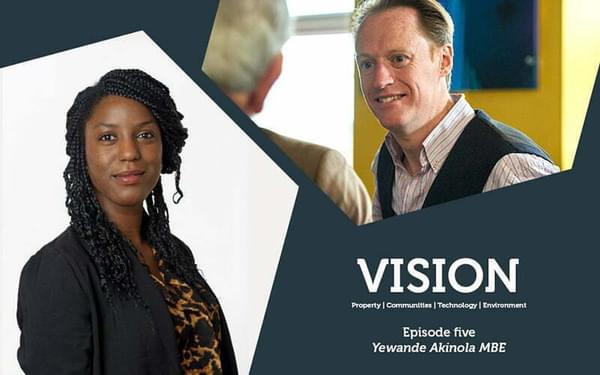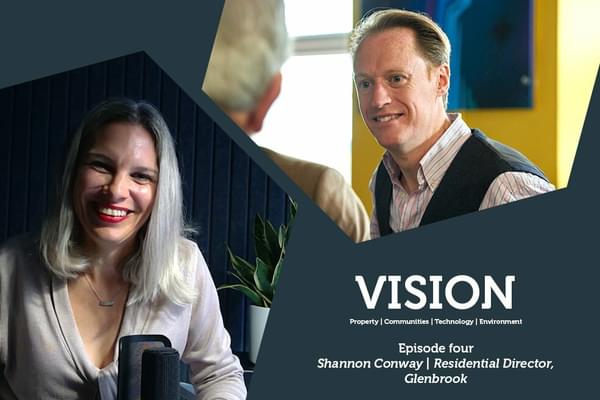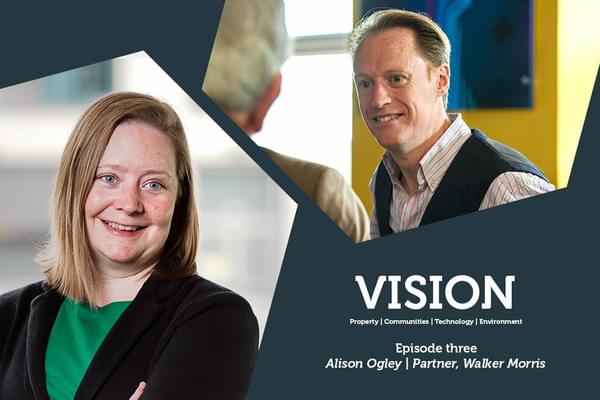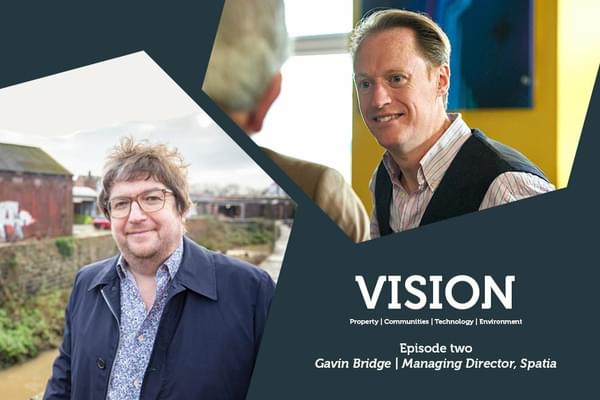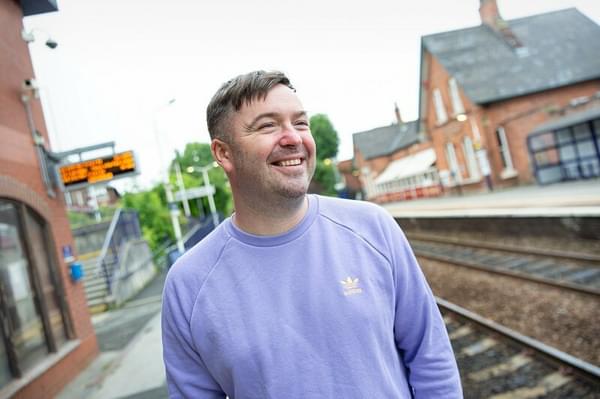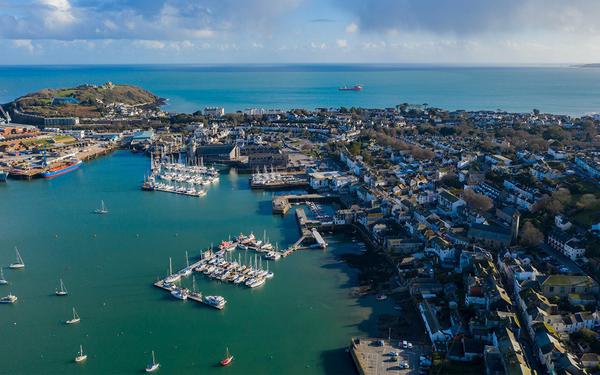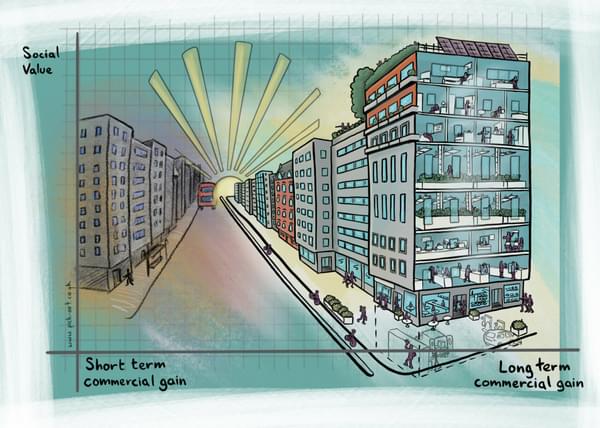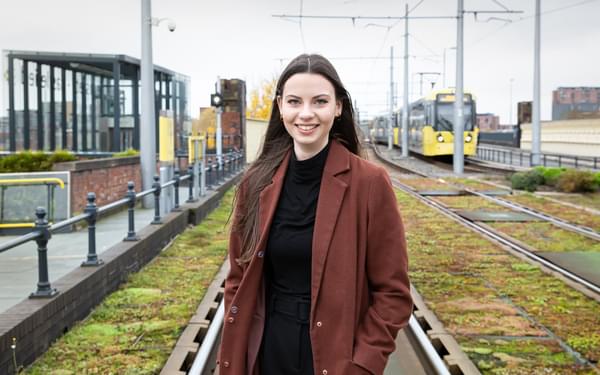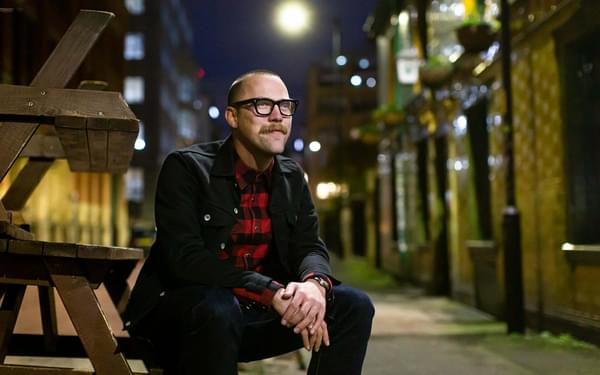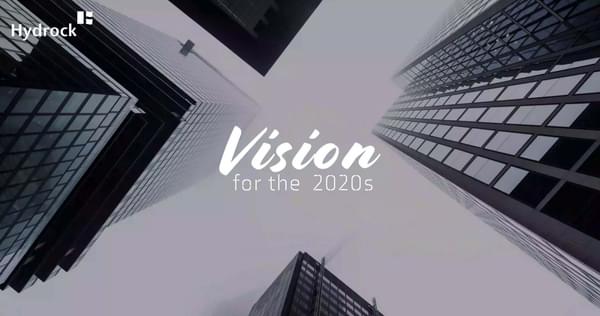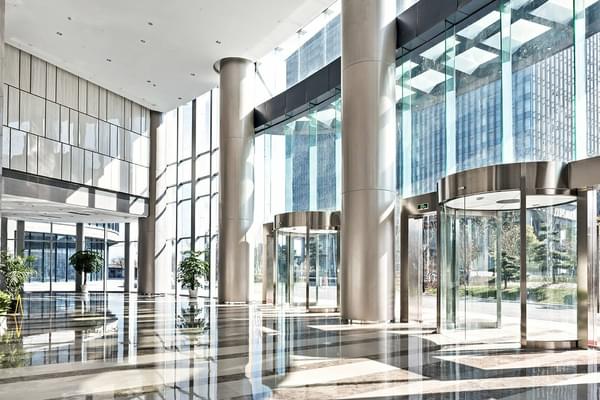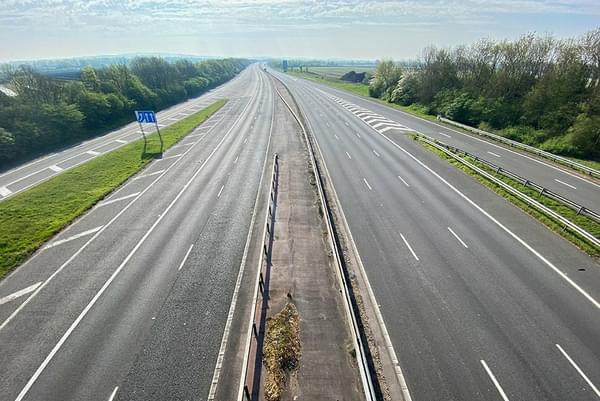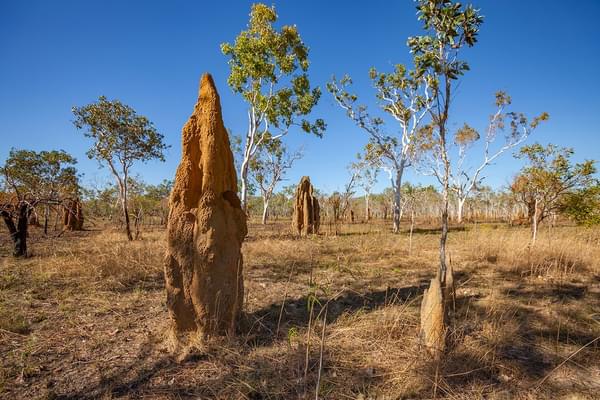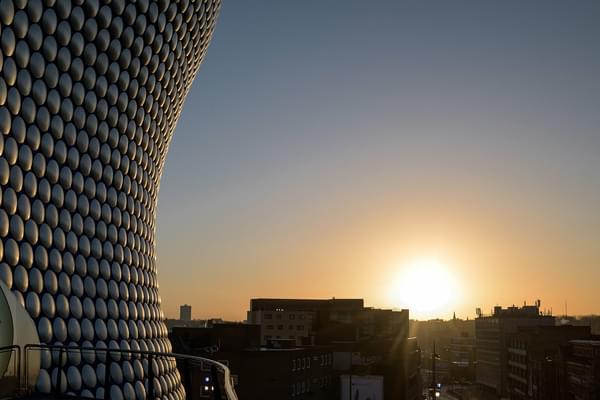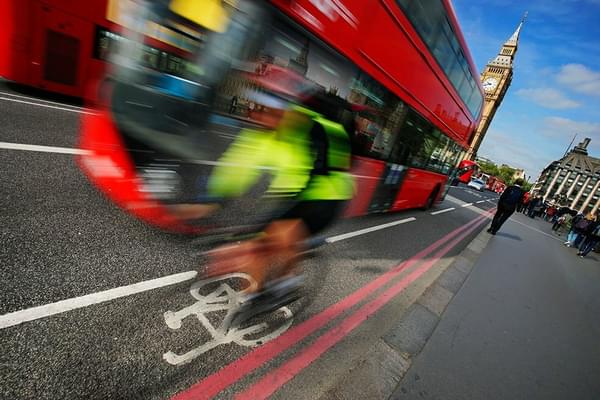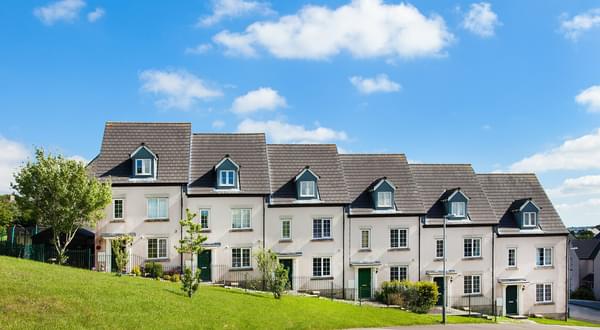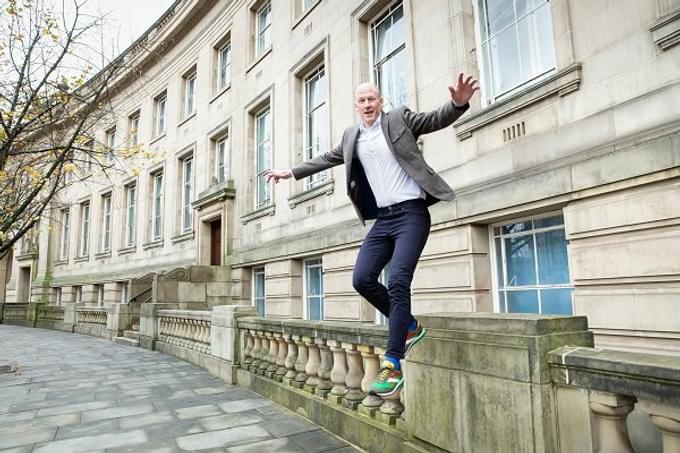
“It’s 8:08am on a dewy morning at Rivington Terraced Gardens, a place of spellbinding beauty realised by Lord Leverhulme, the soap magnate and founder of Lever Brothers (now Unilever), who built the gardens between 1905 and 1925.”
It’s 8:08am on a dewy morning at Rivington Terraced Gardens, a place of spellbinding beauty realised by Lord Leverhulme, the soap magnate and founder of Lever Brothers (now Unilever), who built the gardens between 1905 and 1925.
Living in Bolton is an easy decision to make. It’s a great place with fantastic countryside on the doorstep, such as Winter Hill where I spent much of my youth. That’s actually how I got into fell running and later competing in triathlons, having been challenged by the person who hired me at Hydrock to enter the Property Triathlon North. Much to his annoyance, I ended up winning it!
With a population of around 285,000, Bolton is one of the largest towns in the country to have never been granted city status. But that’s not the be-all and end-all for people from parts of the borough such as Horwich – where I’m from, who are fiercely proud of their towns.
Rather than pounding the canal towpaths around Manchester, I run through these gardens when I want some headspace ‒ it’s where I get all my best ideas. Hydrock’s Manchester team came here last year to lend a hand on our ‘day off for good causes’ clearing vegetation and re-opening old footpaths. It’s an amazing place ‒ with structures like the Pigeon Tower, the Seven Arch Bridge and the Japanese Lake. You see I grew up in Horwich, around five miles northwest of Bolton, and to me this will always be home. It’s also the scene of what I consider to be one of the borough’s biggest business success stories being the site of Middlebrook Retail and Leisure Park, which has attracted a host of leading businesses as anchor tenants.
My passion for the outdoors and interest in geology extended to studying Environmental Protection at university and later attaining status as a Specialist in Land Condition (SiLC). I now sit on the SiLC technical panel, helping to ensure the highest level of ethics and standards are maintained by those working across the land remediation sector.
When regenerating and re-shaping places, I believe there’s so much we can learn from the past to ensure we create something that is sustainable for future generations.
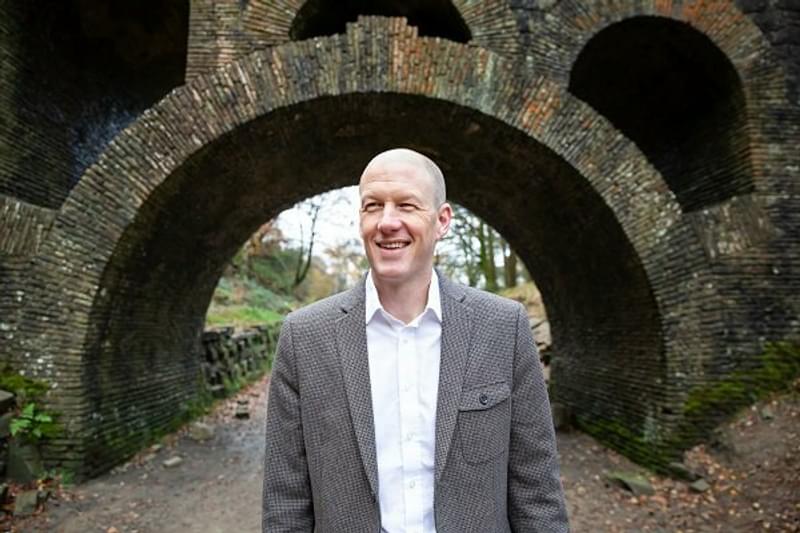
“When regenerating and re-shaping places, I believe there’s so much we can learn from the past to ensure we create something that is sustainable for future generations.”
In the early part of the twentieth century, the architect Thomas Mawson, and designer of Rivington Terraced Gardens for Lord Leverhulme, held a series of six lectures discussing the responsibility of town planning and its influence on placemaking. These thoughts, later published as ‘Bolton ‒as it is and as it might be’ were provoked by Bolton’s decline following the first World War, coinciding with the collapse of the cotton industry, which left the council with the duty of regenerating the area to provide the means for generations to thrive.
Put simply he advocated individuality, stressing each city has its own possibilities as well as its own history, which as birthright, must be preserved. Believing the purpose of town planners is to help it realise its own soul, which is still pertinent today.
The BBC documentary, Manctopia, failed to knit all the elements of successful placemaking together but it did expose the big challenge faced by urban regeneration, which is to meet the needs of and protect the hardworking people living just outside who are the torchbearers of its identity.
In my opinion, there’s a delicate balance between attracting inward investment and providing the means for good jobs, proper wages and local entrepreneurs to flourish. As an example, for nearly 20 years I’ve been shod in running shoes made by Norman Walsh Footwear, a local firm that epitomises Bolton’s proud history as a world leader in manufacturing dating back to 1948 when the founder was selected to make the track spikes for the British Olympics team. To this day, it produces and exports handmade goods worldwide from its factory right here in Bolton.

Much like their contemporaries of the twentieth century, Bolton’s current officials ‒in the face of a global pandemic ‒are refusing to be held back by events outside of their control. Instead the £1.5bn vision to boost the town’s economy is moving forward apace, including the £250m Victoria Square town centre regeneration development answering the desire to make Bolton a great place to invest, live and work.
One project well on its way to being realised is the high-profile Logistics North, a hub for manufacturing and logistics operations, bringing over four million sq. ft. of commercial space and huge employers to the region. It’s also predicted to deliver £300m Gross Value Added to the local economy.
Commercial income generating developments are a crucial cog to regeneration schemes outside city centres. On that particular project, Hydrock delivered mechanical and electrical systems and utility engineering covering four core parts of the development.
Over the next decade Bolton will be transformed with a number of projects already in the pipeline, including a £150m neighbourhood in Church Wharf; the development of 1,700 homes at Rivington Chase in Horwich built on the former locomotive works site; and plans for a 7.3 hectare super connected ‘digital city’ on Blackhorse Street.
When you distil it, placemaking comes down to hope and trust. Bolton, similar to other towns in Greater Manchester, suffered from people moving out. In my opinion, spending this money is not just about futureproofing places for generations to come, it’s just as much about bringing people home.
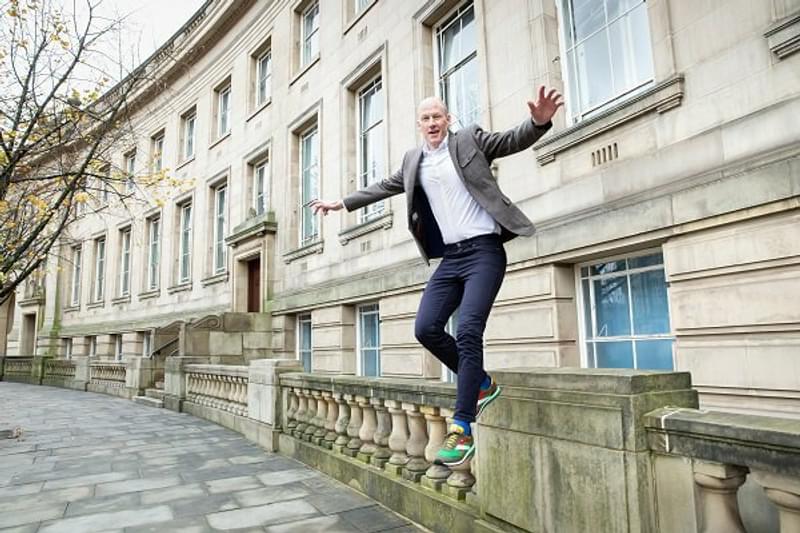
“When you distil it, placemaking comes down to hope and trust. Bolton, similar to other towns in Greater Manchester, suffered from people moving out. In my opinion, spending this money is not just about futureproofing places for generations to come, it’s just as much about bringing people home.”
Creating great places to live is at the epicentre of placemaking. Hydrock is currently supporting two projects which will ultimately lead to the delivery of 290 residential homes in the borough on brownfield land.
My role is to help our clients unlock the viability of their sites. This involves Hydrock carrying out site investigations, geotechnical, earthworks and remediation design and materials management planning. We ensure sites are de-risked so that construction can start as soon as possible and the finished product ultimately meets the needs of today’s families and generations to come.
At its zenith, Bolton led the world in textiles and engineering. Accepting nothing happens by chance, its next stage of evolution provided it has the right hands to guide it, will be the catalyst for an even greater legacy.
As a final thought, I invite you to reflect on the quite fitting Horwich motto: copia est labor – industry brings prosperity!
“As a final thought, I invite you to reflect on the quite fitting Horwich motto: copia est labor – industry brings prosperity!”
This article was originally published on Place North West in November 2020






